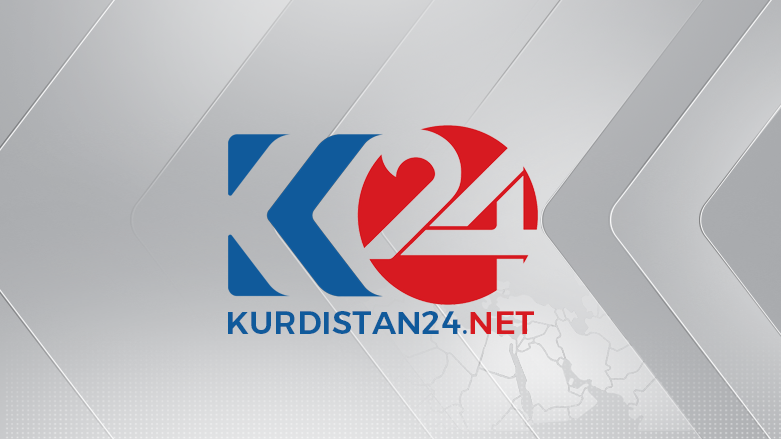Why Kurdistan Matters

Unfortunately, the entirety of the Middle East and North Africa has become equated with intolerance, violence, and numerous other humanitarian tragedies. While older generations of Americans remember Pearl Harbor, my generation remembers where they were during 9/11. We have grown up with the “war on terrorism” for all of our adult lives, and many of our friends were sent to Afghanistan and Iraq for multiple tours of duty.
While I received a robust, liberal-arts education regarding the convulsing region — the rise of Islam, its theologies and near-immediate schisms, the Ottoman and Persian Empires, Colonialism and Neocolonialism, the Israel-Arab conflict — I never learned about Kurds. Not once. Nor did I learn about any of the other ethnic and religious minorities in the region such as Alawis, Armenians, Assyrians, Amazigh, Chaldeans, Copts, Ibadis, Kaka'i, Shabak, Yezidis, and Zoroastrians. My formal education was incomplete at best, and subjective at worst.
When I began studying Kurdistan (they were not just PKK — insinuated by one Turkish Studies professor) — I found a community of 35 million strong that, despite continuous persecution, discrimination, state violence, forced assimilation, ethnic cleansing, and genocide, somehow still persevere and stay as true to their identity as possible.
Kurdish history predates Islam by more than three thousand years. As such, both Islamic and non-Islamic cultural and social practices continue to impact Kurdistan's democratizing and modernizing society, legislatively and otherwise.
Kurdayati is one of the major pillars of Kurdish culture and features strongly throughout their cultural, social, and national ethos. Loosely translated as “Kurdish identity” or “Kurdish ethnic consciousness,” Kurdayati, for example, informs the norm of accepting other religious beliefs and ideologies as paramount, whereas religion often plays a subservient role, albeit important. For example, this concept is symbolized by the Kurdish national flag itself: the 21-ray Golden Sun is an ancient Yezidi and Zoroastrian symbol, yet revered by millions of Kurds who practice Islam.
While there are many religious (Muslim) Kurds, secularism, or at least a clear separation between religion and public space in many respects is a stark contrast their neighboring countries and communities. The concept of a 'secularized' national identity superseding religion is evident in that the handful of Islamic political parties consistently receive a pittance of votes compared to the nationalistic and secular-leaning parties.
Furthermore, the KRG's broad-based policy officially recognizing several religious minorities and institutionalizing this into law is not merely window-dressing — it is congruent with Kurdayati and Kurdish cultural and societal norms.
Separating nationalism from religious outlook is not only prominent practice in Bashur, the Kurdistan Region of Iraq but also in Rojava and Bakur — Syrian and Turkish Kurdistan.
The third-largest party in Turkey — the Kurdish-led People's Democratic Party (HDP) and the Democratic Union Party (PYD) in Syrian Kurdistan are currently the strongest — and most ethnically and religiously inclusive parties in their respective countries/regions. It is not a coincidence that in neighboring Rojhelat — Iranian Kurdistan, the most prominent parties are also the most secular: the Kurdistan Democratic Party of Iran (KDPI), the leftist Komala, and the Party of Free Life in Kurdistan (PJAK), a sister party to the PYD and PKK.
Additionally, women and migrant workers rights are increasingly prioritized by the Kurdistan Regional Government (KRG) as well as throughout Kurdistan. Women fighters of the Kurdistan Workers Party (PKK) and the Syrian-Kurdish Women's Protection Units (YPJ) have reached near-legendary status, as the international community has taken a great deal of interest in the role of the “Kurdish female fighter.”
At a time when the Middle East is descending further into chaos, sectarianism, and increased intolerance and hatred, Kurds and their allies should be encouraged and supported for their inclusivity, pragmatism, and progress. The very notion that the blood-soaked countries of Iraq and Syria simply need to be stitched together to preserve a somehow sacrosanct notion of these nation-states written into the books by Sykes-Picot, Sevres, and Lausanne is wholly untenable.
No one claims that independence is a panacea, yet the oft-repeated demands that Kurds maintain certain requirements to secure support for their independence — either in Iraq or Syria — have not been levied at other nations recently freed from their post-colonial shackles. It was not a prerequisite for East Timor to “tackle corruption,” nor was it a prerequisite for Kosovo to have access to seaports, and it was certainly not a prerequisite for South Sudan to iron out all of its political issues.
A primary fear concerning many in the international community is that an independent Kurdish state would cause more instability, and other communities would seek further autonomy. With a seventh-century caliphate operating across several countries throughout the region, the question should become: what kind of stability can the international community hope to achieve without genuinely addressing grievances and rights of those the West claims to support?
